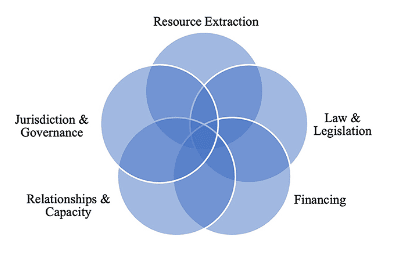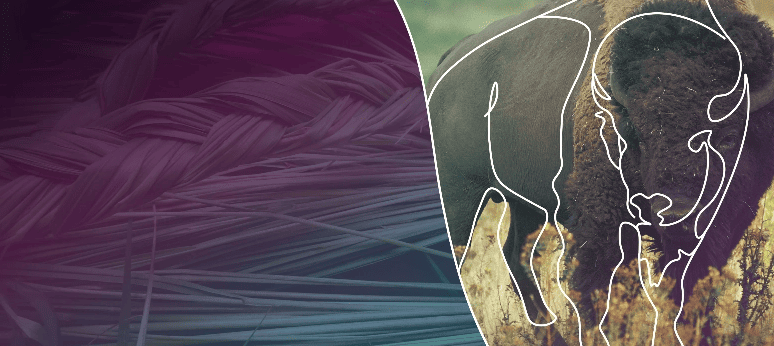Indigenous and decolonial futures: Indigenous Protected and Conserved Areas as potential pathways of reconciliation
This academic article examines Indigenous Protected and Conserved Areas (IPCAs) in Canada, a newly recognized form of Indigenous-led conservation.




